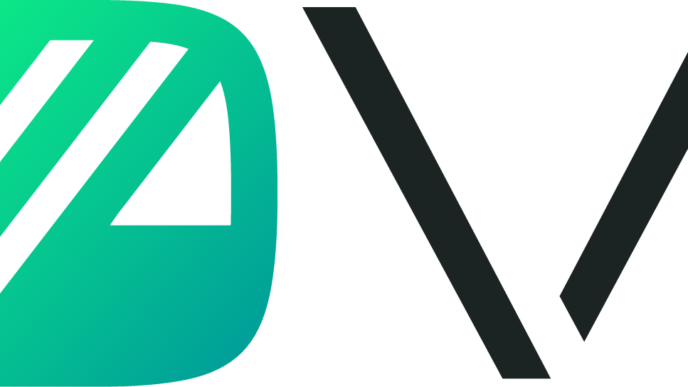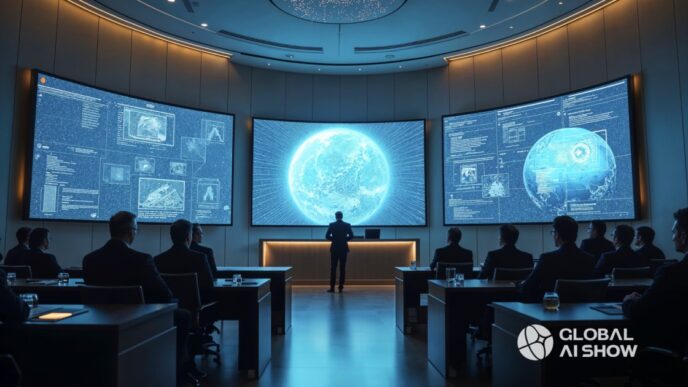Technology Isn’t the Problem, Distance Is
Every major sanitation company uses scheduling apps, routing software, and automated customer support. Yet, in Baton Rouge, one locally owned business consistently outperforms national competitors that use the same tools. The difference isn’t technology. It’s proximity. Trash Rangers pairs modern logistics systems with local decision-making, creating responsiveness that no remote call center can match.
“Software can tell you where to go,” says founder Jake Poché. “But it can’t tell you that a bridge is flooded or that a festival changed its setup overnight. That’s what local knowledge brings to the table.”
As detailed in the Before It’s News feature published earlier this month, Trash Rangers has turned its community-driven model into a competitive advantage that keeps Louisiana job sites running on time while national providers get caught in corporate slow lanes.
When Algorithms Fail, People Adapt
National sanitation providers rely on centralized scheduling to route drivers, predict service intervals, and issue automated updates. Those systems work until the variables multiply: a rain delay, a last-minute permit change, or a washed-out access road. In those cases, a service algorithm hits its limit. Baton Rouge’s weather, traffic, and rural geography don’t fit neatly into formulas written in another state.
Trash Rangers addresses this issue by keeping decision-making local. Dispatchers work directly with drivers and customers, using GPS routing software as a guide but never as a substitute for judgment. The result is a hybrid model that combines data for efficiency with people for precision, instilling a sense of confidence in its reliability.
“We run the same systems as the big players,” Poché says. “We just use them better because we’re here. When something changes, we act, not submit a ticket.”
Inside Baton Rouge’s Most Reliable Route Network
The company’s success comes from smart integration rather than corporate automation. Trash Rangers uses real-time tracking, digital maintenance logs, and service history analytics to manage hundreds of portable restrooms, holding tanks, and restroom trailers across the region. But instead of sending data to a distant headquarters, the information stays in Baton Rouge, processed and acted on by a local operations team that understands the context behind every number.
That model gives customers faster responses and fewer missed service windows. Construction crews get early alerts when tank levels rise faster than expected. Event planners receive proactive calls to confirm placement ahead of schedule. When something goes wrong, the same team that manages the data also handles the fix.
“We’re not against technology,” Poché says. “We just think it should serve people, not replace them.”
Local Knowledge Outperforms Automation
Automation can optimize for distance and time, but not for local reality. A national provider might assign a driver to cover multiple parishes in a single day, based on mileage estimates. Trash Rangers knows that what looks like a two-hour route on a map can become a four-hour delay during a Louisiana downpour. That awareness saves time and keeps commitments realistic.
According to Louisiana Economic Development data, companies that base logistics decisions locally outperform outsourced networks in both customer satisfaction and cost efficiency. Trash Rangers proves that every day on Louisiana roads.
Customers notice. “They don’t just drop off a unit and disappear,” says project manager Charles Harmon. “They check back, adjust the schedule, and communicate like they’re part of our team.”
The Human Element of Efficiency
Trash Rangers’ hybrid approach is what modern service should look like: digital efficiency grounded in human accountability. While national chains push contactless customer experiences, Baton Rouge businesses still value relationships built on direct communication and consistent results. That’s why the company’s retention rate sits well above industry averages, with many clients working exclusively with Trash Rangers for years.
“Technology should make service better, not colder,” Poché says. “Our customers know who’s driving their route, who’s picking up the phone, and who’s responsible if something’s not right.”
That transparency, not technology alone, is what keeps Baton Rouge’s job sites clean and operational.
The Baton Rouge Model for Modern Logistics
As more industries lean on automation, Baton Rouge’s sanitation success story offers a lesson: progress doesn’t have to mean distance. Local integration delivers the same precision data with faster decisions and stronger accountability. The model scales, but only when leadership stays close to the work.
For Trash Rangers, that’s not a slogan. It’s their structure, and it’s proof that the smartest system in Louisiana still starts with people.














